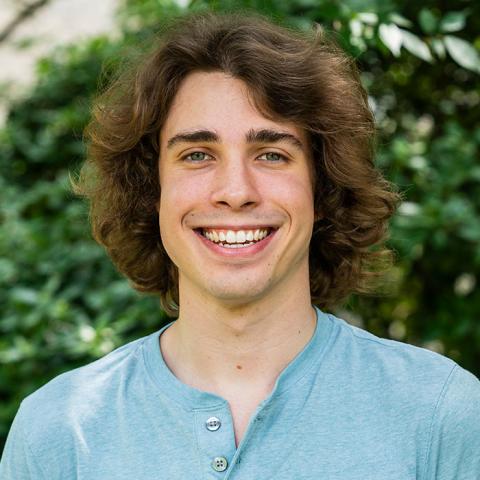Sorelle Friedler Awarded Mozilla Responsible Computer Science Challenge Funding

Photo of Sorelle Friedler by Patrick Montero.
Details
Assistant Professor of Computer Science Sorelle Friedler discusses how she and her collaborators will use a recent award from Mozilla to expand pedagogical efforts to emphasize the importance of ethics in computer science.
Assistant Professor of Computer Science Sorelle Friedler has been awarded funding from Mozilla as a Stage I winner of their Responsible Computer Science Challenge.
A joint effort by Friedler and her collaborators, Suresh Venkatasubramanian at the University of Utah and Seny Kamara at Brown University, the project aims to fold ethical discussions into computer science curricula and to treat these questions as foundational to the discipline.
“From my perspective, the goal of the challenge is to try to bring ideas about being responsible computer scientists into the core of the computer science curriculum,” said Friedler. “What I’m excited about doing here is making sure these issues aren’t sidelined into an ethics class but are rather thought about at every stage when students are learning to be computer scientists.”
The award will be used to fund the development of educational materials for usage in each collaborator’s pedagogy. In addition, the funding will allow Friedler to work with what she calls “outside domain experts,” or individuals whose backgrounds are not in computer science but “who are experts in the data or the problem that is being studied.”
“We wanted to [work with outside domain experts] because we wanted to make sure that the computer science students are not just exposed to data as an abstraction but actually understand the context that it comes from,” she said. “Computer scientists are having a large impact on the world, both from an environmental standpoint and from a social standpoint, and so it’s very important that computer science students learn to think about those issues and to understand that those are not separate issues from their study of computer science but are actually fully integrated into what it means to be a computer scientist.”
For the Haverford portion of the work, these outside domain experts are Associate Professor of Environmental Studies Jon Wilson, with whom Friedler will be studying efficient and sustainable computing, and Hannah Sassaman of the Media Mobilizing Project in Philadelphia, an organization dedicated to ensuring the fairness of algorithms used in court to predict whether a defendant will recommit a crime. Because these outside domain experts have vastly different interests, working with them will provide Haverford students the opportunity to apprehend how work that may seem purely computational can have large-scale implications both socially (as in the usage of algorithms in legal sentencing) as well as environmentally and economically (as in the massive amounts of energy required for extensive computation).
That’s why Friedler thinks Haverford is the perfect place for this sort of project, since so much of the work students and faculty do already spans many disciplines.
“I think that Haverford students are especially well-placed to have a broader conversation around ethics, and honestly I think that makes my job somewhat easier,” she said, “but I think it also makes it a natural place for conversations that students want to be having.”
Such an ethos underlies the work that Friedler will be doing on the project this summer with two Haverford students, Kadan Lottick ‘20 and William Lawrence ‘22.
“It will be really useful to work with [Lottick and Lawrence], especially on developing the documents from the domain experts and making sure that those documents actually capture the nuance,” said Friedler. “With the students over the summer, I’ll be able to have much more nuanced discussions about the issues, and then the question will be, ‘would they, as students, have learned that nuance just from the document if they didn’t have a professor who was also an expert in this topic to talk to?’”
The documents Friedler will be developing with the help of Kamara, Venkatasubramanian, Lottick, Lawrence, Wilson, and Sassaman will be used this coming semester in "Analysis of Algorithms" as well as in both "Analysis of Algorithms" and "Introduction to Data Structures" in future semesters.
Friedler is a co-founder and executive committee Member of the ACM Conference on Fairness, Accountability, and Transparency (FAT*), as well as the recipient of several NSF grants for her work on fairness in machine learning, algorithms, and data structures.




